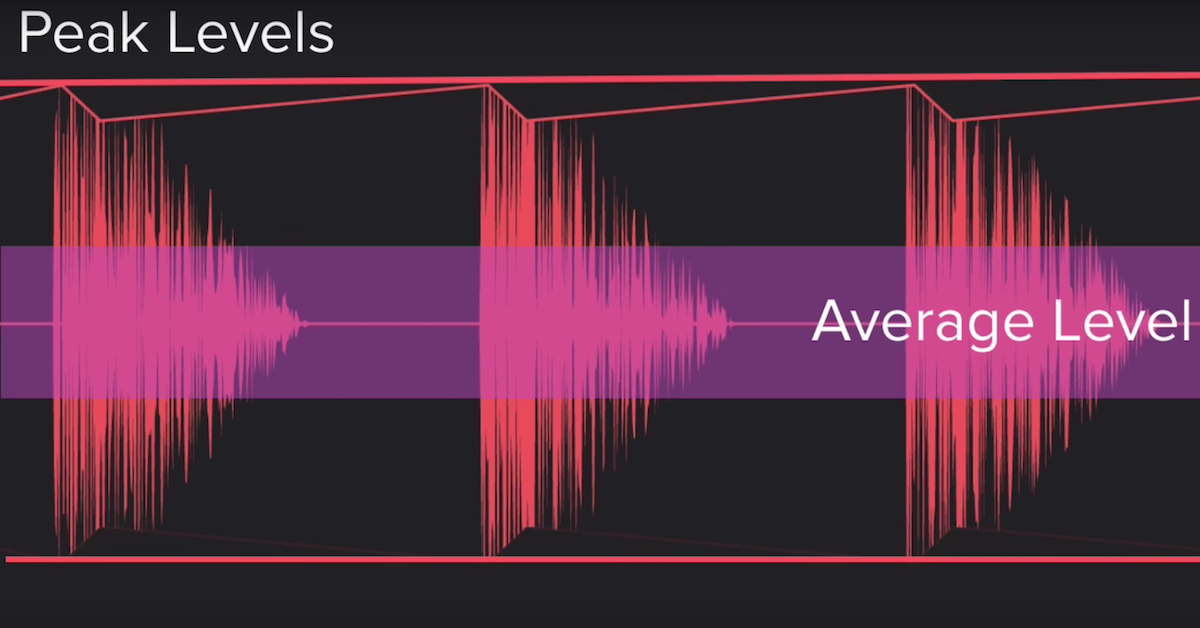Big Picture: Don’t Sprint the Track
Article Content
Obviously, tracking a record is a process, to say the very least. A lot of variables means a lot of opportunities to drop the ball.
How many times have you been 4 or 5 days deep into a project only to start second-guessing your choices from day 1 or 2? Often there’s so much going on around you and so many things to consider at once, it becomes easy to lose sight of the bigger picture, and suddenly you realize you’ve entered damage control/turd-polishing mode.
Think Ahead
Truly good production and engineering starts with thinking ahead. The more you can visualize (or whatever the aural equivalent of visualizing is) your final product, the more likely you are to get there – or at least close.
This is innately difficult, because it not only requires you to be quick on your feet and present in the moment, but also to be mentally two to three steps ahead of yourself at all times. That big picture can seem like a tall order.
Familiarize
As far as I can tell, the best way to do this is to get as familiar as possible with the material before you even put up a single microphone.
Talk to the artist, especially the songwriter, about influences. Insist on some manner of pre-production. Get demos if there are any available. Even just a trashy video recorded on a cell phone will leave you better equipped than simply going in blind, because at least you’ll know what the performer is going for. The more informed you are, the better decisions you can make about building a song and ultimately a record (including making suggestions – don’t be afraid to do this when you have ideas. You’re the professional, aren’t you?)
For example, if you know you’re looking at a big, dense arrangement – drum kit, bass, electric and acoustic guitars, maybe strings or horns, maybe some keys, lots of vocals – you’re going to track most of these elements differently than if you were preparing for a smaller, more intimate arrangement.
Some tips:
- Opt for a single mic on your sources instead of recording in stereo to avoid compounded phase issues.
- Strategically select your signal chain to emphasize certain frequency ranges and coloration, so masking won’t be as big of an issue.
- Obsess over mic placement on instruments that you know are going to be focal points of the mix (this is especially helpful for lead vs. backing vocals).
And adjust accordingly for sparser instrumentation. Rule of thumb: make decisions that you know you’ll look back and thank yourself for.
Brain Tricks
You may even find that you need to play tricks on your brain to stay on task. One thing I like to do is to imagine that the record I’m tracking is going to be mixed by someone else … even if it isn’t.
Think about your favorite, big-name mix engineer: your Chris Lord-Alges, your Stephen Haiglers, your Rich Costeys – imagine that your session is going to them once it leaves your hands. With your name & professional reputation riding on it, you wouldn’t pass a record off to your personal mix hero if it were sloppy, convoluted, poorly-labeled or had corners cut everywhere. Hopefully you wouldn’t pass it off to *anyone* in that state.
Another way to look at it is: if you were receiving someone else’s stems and session files and they wanted you to mix them, you wouldn’t want to be bombarded with dozens of tracks that didn’t fit intuitively together, leaving you confused and daunted by the task ahead, right?
Complacency
Let’s face it, the repetitive, procedural nature of tracking can lead to complacency.
It’s only natural: find something that works once and you’re inclined to repeat it. There’s nothing necessarily wrong with this – that is, if you tend to record the same sort of artist all the time. But clearly different types of music require different approaches, which should prompt a little bit of forethought.
It’s that kind of pre-planning and endpoint visualization that can turn good sessions into a great result.






